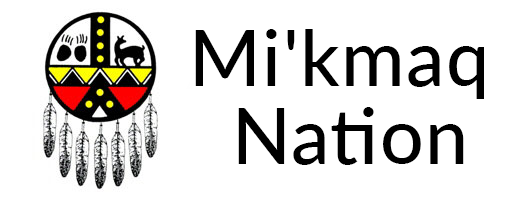Follow Us x
ICWA
INDIAN CHILD WELFARE ACT
"Taking care of our children is a cultural responsibility as ancient as each of our Tribes"
PURPOSE:
ICWA ensures the safety of all Tribal children, strengthening families, and encourages community responsibility in raising Tribal children in order to ensure the future of the Tribe. ICWA is invested in utilizing extended family resources or Tribal foster and adoptive homes when children are removed from their biological families. ICWA also looks at Tribal resources and services for the biological parents when engaging in services if necessary. Children are the most valuable of all. It is up to the entire community to nurture and protect our children so they can become healthy and productive adults. Members of Indian communities must share the responsibility of creating an environment in which children can thrive.
RESPONSIBILITY:
- Every child deserves to live in a family, which provides a safe and nurturing home.
- Preservation of community and family connections is very important to a developing child.
- Timely and effective involvement of ICWA concerning the welfare of a Mi'kmaq child.
- Cultural and traditional values of the Tribe are the primary focus in placement of Micmac children.
GOALS:
The goals of the Mi'kmaq Indian Child Welfare Program is to:
- Ensure the safety of all Tribal children
- Strengthen families
- Encourage community responsibility in raising their children
- Keep children, who are placed out of the home, culturally connected to the Tribe
Family Violence
24/7 Helpline: (207) 551-3639
Our 24/7 helpline is available for anyone struggling with DV and/or SA. Callers will be able to speak to an advocate immediately.
Our Office: (207) 760-0570, staffed Monday through Friday 8am-5pm
Dial:
1: Program Director, Krista Stevens
2: Shelter Coordinator, Sarah Dewitt
3: Transitional Housing Coordinator, Sarah Nicholas
4: Shelter Aids office, Dena Joseph, in the daytime.
Family violence is NEVER OK! In many cases it is a CRIME!
What is Family Violence?
Family violence or domestic violence is the mistreatment of one family member by another to gain power and control. The violence can take on different forms:
Physical Abuse - slapping, punching, choking, or throwing things
Emotional Abuse - yelling, making insults or threats
Sexual Abuse - such as unwanted touching, incest or rape
Neglect - withholding affection, money, food, health care or other needed care
Family Violence Hurts the Whole Family
Family Violence effects everyone not just the victim. Children suffer too. Research suggests that between 80 & 90 percent of these children are aware of the violence. Children who grow up in violent homes greatly risk the possibility of emotional, behavioral and physical problems that last for a lifetime. Depression; anxiety; violence toward peers; suicide attempt; drug & alcohol abuse and running away from home are just some of the issues that stem from the violence in the home. Children also can be injured as a direct result from abuse. Batterers sometimes intentionally injure children in an effort to intimidate and control the partners. For younger children assaults may occur while the mother is holding her child or for older children, injuries often occur when they try to intervene in violent episodes. Boys are twice as likely to become batterers and girls are more likely to find themselves in abusive relationships. Children are fearful and powerless in violent homes. They, too, need help and protection. Break free from violence and stop the cycle for your children.
Try to plan ahead
- Save money and hide it
- Pack a suitcase and store it with someone you trust
- Keep an extra set of house and car keys
- Find a safe place to go -- how will you get there?
Keep important items handy
- Identification and important papers such as drivers license, birth certificates, Social Security cards and medical records,
- Money, ATM/Credit Cards
- List of important phone numbers
- Medicines


